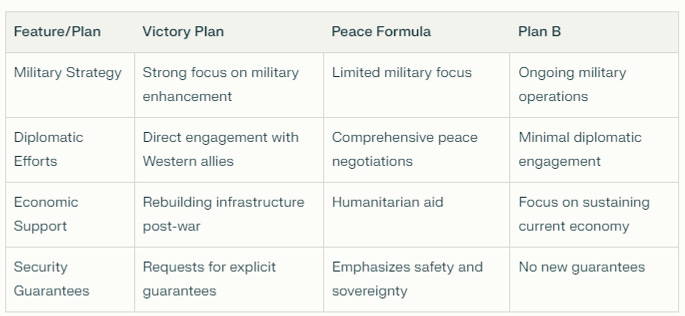
Effective deterrence often relies on the manipulation of risk and uncertainty. However, this manipulation can also lead to situations where actions are fraught with danger, increasing the likelihood of misinterpretation and unintended consequences, thereby raising the level of entropy.
As we concluded the other day, more information in war means less missing information, ergo — decreased entropy1.
Unpredictability resulting from strategic ambiguity can create bubbles and feedback loops where initial actions lead to reactions that further obscure intentions. This cycle can result in chaotic escalation of conflict, contributing to greater disorder, unpredictability and unforseen acts stupidity2.
Z’s pow wow with Modi yesterday was typically wishy washy, almost as vague as the Russell C. Leffingwell Lecture at the Council of Foreign Relations delivered by Z’s regent Andriy.
Z and Andriy say they want Uncle Joe to appreciate the historical significance of his decision to support Ukraine more robustly in October, November and December.

History takes most people much less seriously than Ukraine’s leaders take themselves and will compensate for political polysemousness by the prosaic unambiguity of its verdict.
Until yesterday, I had never heard of the American Academy of Achievement.
Reagan said it much much better.
Strategic ambiguity should not be confused with strategic ambivalence, which reflects a state of indecision or mixed feelings rather than a lack of clarity.




